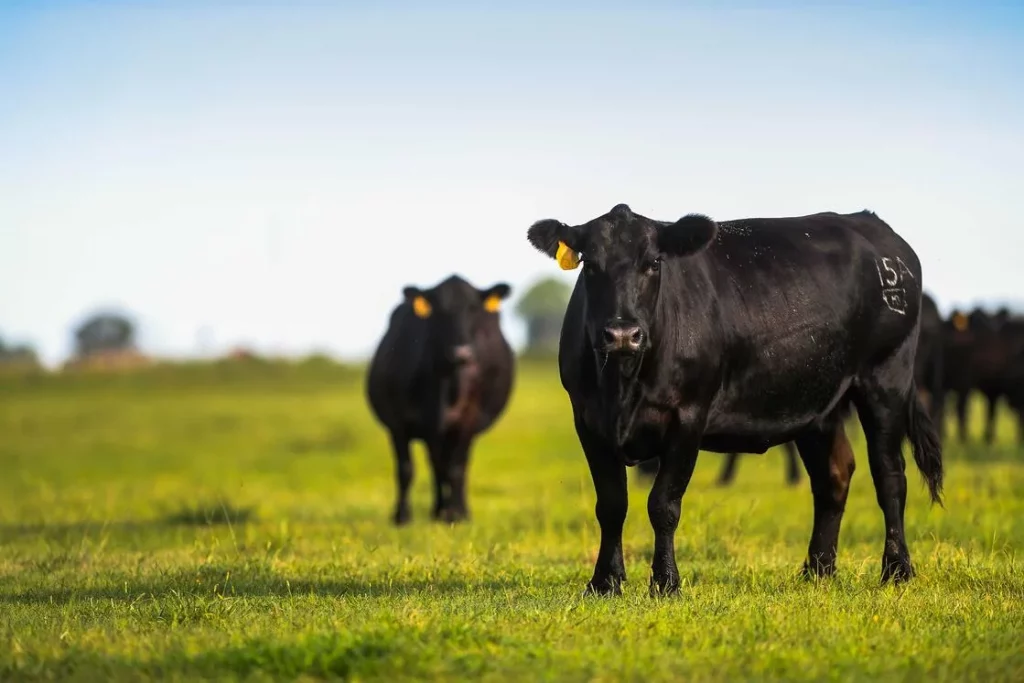
Senior Farm and Ranch Broadcaster, Ron Hays, is talking about cattle genomics with professor of animal science and extension beef genetics specialist, Dr. Matt Spangler of the University of Nebraska-Lincoln.
“I think genomics does represent an exciting change in the ability to identify genetically superior beef cattle,” Spangler said. “Really, it is a change that has occurred over the past ten to 15 years incrementally.”
Now, Spangler said, producers have the ability to genotype young, non-parent animals and increase the accuracy of those genetic predictions to the same level as if the animals had already had over ten offspring.
“The benefit of that is being able to increase the accuracy of their EPD’s but also decrease the generation interval- that is the average age of the parents when the next generation is born,” Spangler said. “Those two things together allow beef cattle producers to make faster genetic change. I think a challenge or maybe a charge for our industry going forward is really refining what their objectives are.”
For the commercial segment of the cattle industry, Spangler said a big goal would be utilizing the power of genetic technology to garner phenotypes.
“The weights, the actual carcass measurements, fertility measurements, to use back in our genetic evaluation systems to make sure we are continuing to make the next generation of cattle better, and by better, of course I mean producing products that the consumer demands and maintaining profitability through all segments of our industry,” Spangler said.
The Beef Buzz is a regular feature heard on radio stations around the region on the Radio Oklahoma Ag Network and is a regular audio feature found on this website as well. Click on the LISTEN BAR for today’s show and check out our archives for older Beef Buzz shows covering the gamut of the beef cattle industry today.














